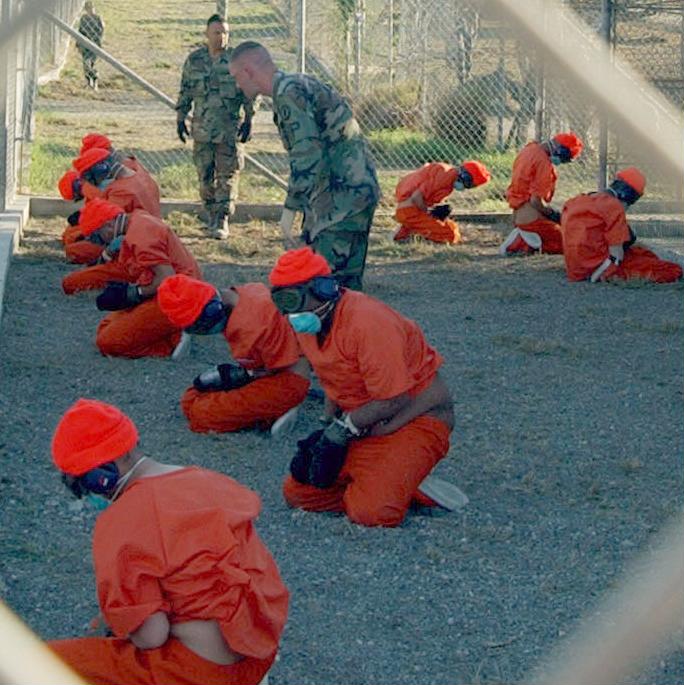 Upon taking the oath of office on January 20th, 2009, Barack Obama proceeded to order the eventual closure of the Guantanamo Bay Detention Camp, a prison known for the torture of its inmates. The United States has had a very poor track record of human rights. Slavery, Jim Crow Laws, death penalties, homophobia, and the incidents of Guantanamo Bay are examples of this.
Upon taking the oath of office on January 20th, 2009, Barack Obama proceeded to order the eventual closure of the Guantanamo Bay Detention Camp, a prison known for the torture of its inmates. The United States has had a very poor track record of human rights. Slavery, Jim Crow Laws, death penalties, homophobia, and the incidents of Guantanamo Bay are examples of this.Under the rule of George W. Bush, detainees at the camp were denied the protections of the Geneva Convention. Therefore, torture was permitted, derailing democracy. Detainees were beaten, persecuted, sexually harassed, and humiliated. The violations would culminate with the desecration of the Koran by an officer.
Any kind of action that does harm to another person, no matter whom, is completely immoral and unethical. As all people are interested in maintaining their peace of mind and physical well-being, and as torture violates that interest, torture is immoral.
Violations of human rights like this have occurred multiple times throughout the history of this nation. Examples of this are the raids on gay bars made during the fifties, and attacks on African-American protesters during the sixties. In both cases, the victim of the human rights violation was considered “untrustworthy.” What sets the case of Guantanamo apart is that the victims do indeed have questionable histories, which many people consider justification for harming them. This, however, does not justify the use of torture on the detainees.
Perhaps the best way to look at the ethical dilemma posed by incarcerating these people is through a utilitarian worldview. All people are equal in their ability to suffer. We are causing these people to suffer by abusing them in prison. Considering that causing people to suffer is an immoral thing to do, continuing the practices done at Guantanamo Bay is unethical.
No comments:
Post a Comment